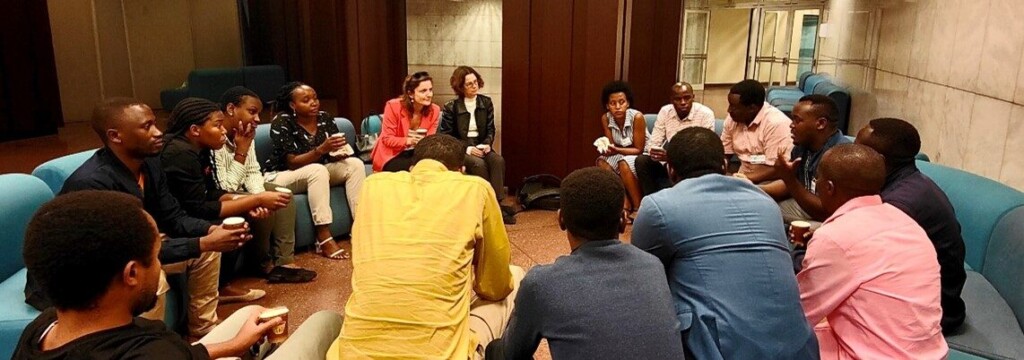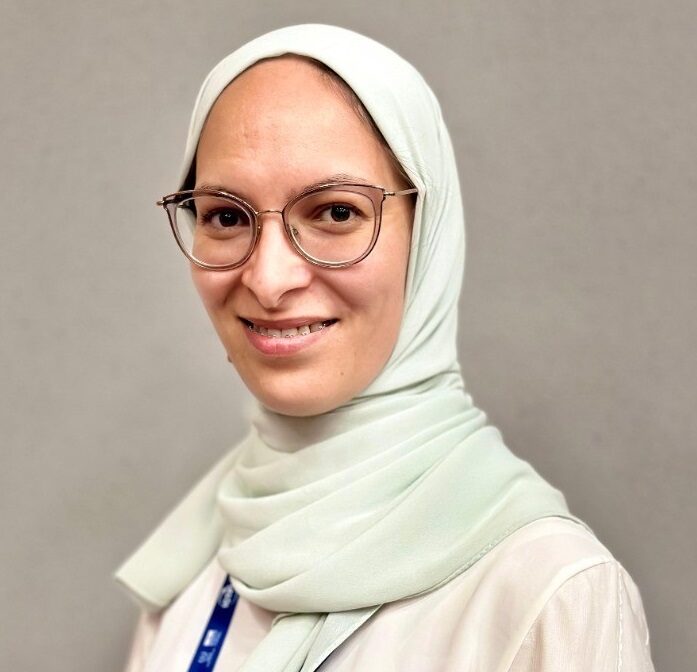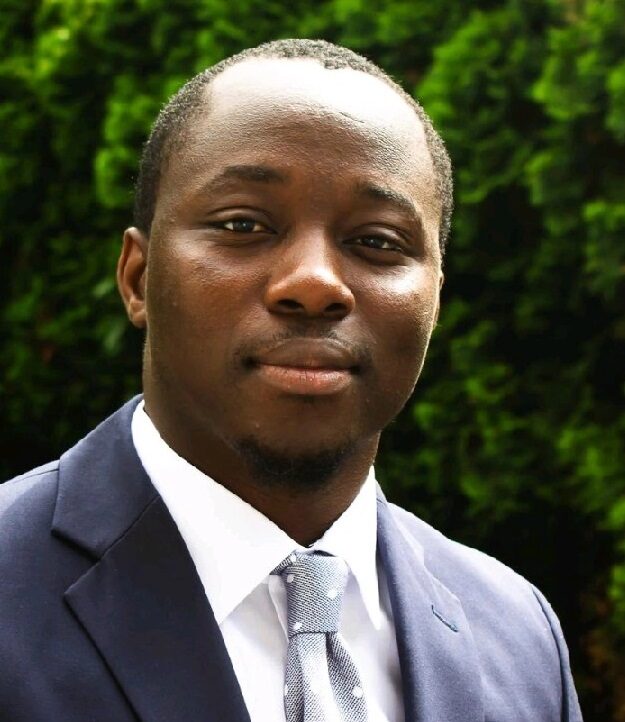Energy Modelling Platforms have long been open to students from across Africa’s different language groups. While English language teaching is valued for professional development, it can also create barriers and additional challenges for those accustomed to working in other tongues. This year at EMP-Africa 2025 in Addis Ababa, for the first time, Francophone participants from across the continent were able to engage more deeply with the curriculum, thanks to the growing presence of bilingual trainers and tailored support in the classroom. Carla Cannone explains,

From Rwanda to Madagascar, Benin to the DRC, and Niger to Tunisia, Francophone countries were strongly represented across all technical tracks. And with that came a shared message: language matters-not only for understanding, but for belonging.
🌍 A Diverse Francophone Delegation
The EMP-Africa 2025 cohort featured Francophone participants from Rwanda, Madagascar, Niger, and the DRC, supported by Francophone trainers Thierry Odou from Benin and Rakia Bouallegui from Tunisia.


🤝 Bilingual Tracks: Why They Matter
Although English remains the main language of instruction across EMP-A, the introduction of Francophone assistant trainers marked a turning point. For the first time, participants could:
- Ask technical questions directly in French
- Receive debugging and facilitation support in their native language
- Express concerns and ideas without translation barriers
“Having Thierry in our group was amazing,” shared a participant from Madagascar. “We could speak freely, and he really understood our context.”
“When I can think in French, I can explain better and go deeper into the logic,” said another, “Then I’m ready to translate that back into English when needed.”
While participants were eager to strengthen their English skills for professional reasons, many acknowledged that the ability to start in French helped them build confidence and understand key modelling concepts more fully.
💻 Tools, Translation, and Technical Confidence
Thanks to Rakia and Thierry, Francophone students in the OSeMOSYS and OnSSET tracks were supported not just linguistically, but also technically. Rakia, a certified OSeMOSYS trainer, ensured her group felt heard and guided throughout the week. Thierry even developed a tailored OnSSET training for students in Madagascar, working closely with them to adapt materials to local needs.
Participants especially highlighted:
- The value of user-friendly interfaces for interpreting results without deep coding knowledge
- The need to eventually understand underlying code to teach the models themselves
- The importance of being able to localise tools and ensure long-term ownership of the models
As one participant put it:
“It’s not enough to just use the tools-we want to teach them, adapt them, and apply them to our countries.”
🔁 What’s Next? Continuing Support Through EMC
Participants were also introduced to the Energy Modelling Community (EMC), a new initiative offering continued mentorship, webinars, and peer exchange after EMP-A. While it currently focuses on OSeMOSYS and CLEWs, new tracks for OnSSET are in the pipeline.
“We hope EMC becomes a space where everything is open source, and everyone can contribute,” said one participant.
“It’s important that we can see, use, and shape the training materials ourselves.”
They also called for:
- Deeper OnSSET training that covers code and system modification
- Differentiated content for beginner vs advanced learners
- Dedicated Francophone webinars and online communities
🔑 Language Isn’t Just a Tool, It’s a Bridge
The experience of Francophone participants at EMP-A 2025 reminds us that language is more than a medium, it’s a gateway to confidence, understanding, and full participation. And as more Francophone trainers emerge, the platform is becoming truly pan-African.
CCG and EMP partners are now working to:
- Translate more online courses and materials
- Highlight available French-language resources
- Support the training and certification of more Francophone trainers
Because when everyone is supported in the language they know best, everyone wins and Africa gets one step closer to owning its energy future.
